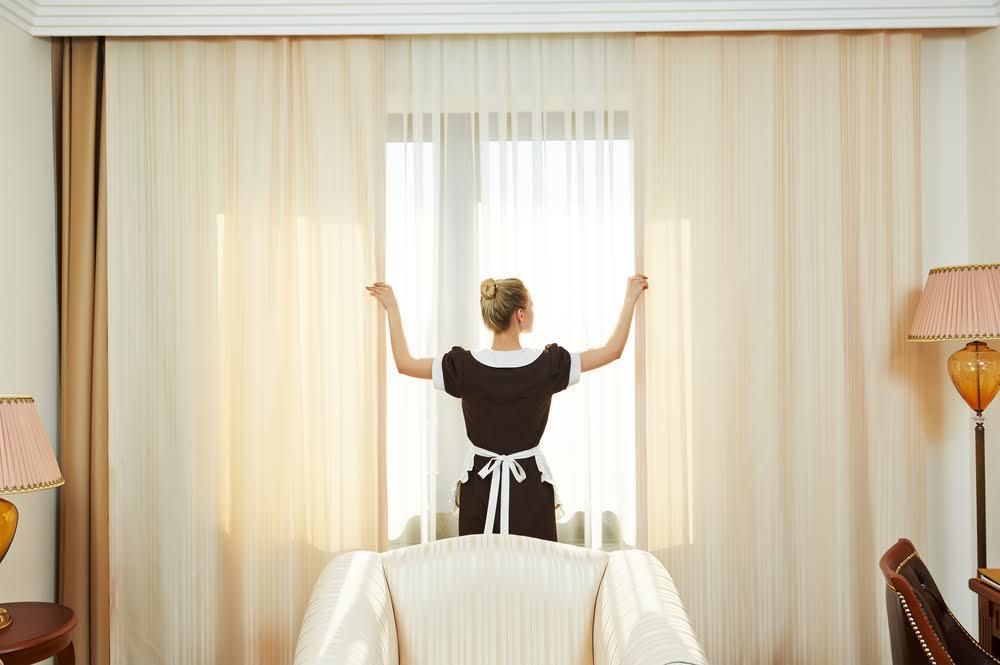
Nothing may be more rewarding than laboring all day to clean up a messy house and then seeing how sparkling and new it looks after this hard work. While house cleaning service providers may get this nice dose of satisfaction, they are still like all self-employed professionals who get hit with countless taxes and IRS regulations.
In this article, we'll discuss self-employed house cleaner tax deductions and offer tax tips for independent contractors. So, to ease the tax burden, here are some key expenses you may be eligible to write off on your IRS income tax return if you’re a housekeeper working for yourself.
Self-Employment Tax Deduction
Self-employment taxes are the taxes an independent contractor or self-employed individual pays to the federal government for Medicare and Social Security. The self-employment tax rate is 15.3%—12.4% for Social Security tax and 2.9% for Medicare tax (hospital insurance). Learn more about self-employment tax deductions and other commonly missed freelance tax deductions.Top 5 Tax Deductions for Self-Employed Housekeepers
Housekeeping supplies
You may not think the Windex you use for your house cleaning business would qualify as an expense write-off, but it is. The expenses you incur to purchase or replace cleaning supplies you need to conduct your home cleaning service are tax deductible. Examples may include:- Vacuums, dust busters, etc.
- Solvents
- Soap
- Towels or rags
- Gloves
- Windex and other cleaners
- Mops
- Brooms
- Sponges
- Buckets or containers
- Trash bags
- Bags to carry your cleaning supplies
- Uniforms
Vehicle and travel expenses
If you drive a personal vehicle from one worksite to another, you can claim a portion of your vehicle expenses as a business tax deduction for your housekeeping work. There are two ways you can take advantage of this write-off – either claiming the mileage you drive or claiming actual vehicle expenses. Per the IRS, the standard mileage deduction rate for the first 6 months of 2022 is 58.5 cents per mile. This then increases to 62.5 cents per mile for the final 6 months of 2022, so you can deduct this amount for any business-related trips you’ve made – but only when going from one location where you are cleaning to another. You cannot deduct your trip from home to a worksite or vice versa. Per the IRS, in 2023, the standard mileage deduction rate has increased to 65.5 cents per mile driven for business use. The other option is to write off the actual expenses you incur on your vehicle. In other words, you can claim a percentage of all vehicle expenses you incur and deduct this portion you pay for your housekeeping labor. These may include:- Gas
- Vehicle insurance
- Maintenance
- Lease payments
- Depreciation
Phone expenses
If you use your personal cell phone or a landline in your home to make housekeeping arrangements with your clients, you can write off a portion of your phone bill as business expenditure. Just be sure to accurately estimate what percentage of time you spend on the phone is for your cleaning work and what percentage is for personal use.Marketing costs
Any marketing-related expenses you incur to help promote your housekeeping services are tax deductible in the eyes of the IRS. Such expenses may include brochures, flyers, a website, social media marketing, or even a mobile app for your clients to schedule their cleaning appointments with you. If you hire a contractor to provide marketing materials for you, this cost is also deductible.Insurance for your housekeeping business
Being a business owner can be risky from a liability standpoint, so be sure you are properly insured. The good news is that your business insurance premiums can be claimed as a write-off. You may choose to invest in liability insurance, property insurance, and other policies based on your specific situation.Work with tax professionals to help you save
Looking for more ways to save money in your housekeeping business? Reach out to our tax professionals who have expertise in saving money for house cleaners who are self-employed.This post is to be used for informational purposes only and does not constitute legal, business, or tax advice. Each person should consult his or her own attorney, business advisor, or tax advisor with respect to matters referenced in this post. 1-800Accountant assumes no liability for actions taken in reliance upon the information contained herein.
